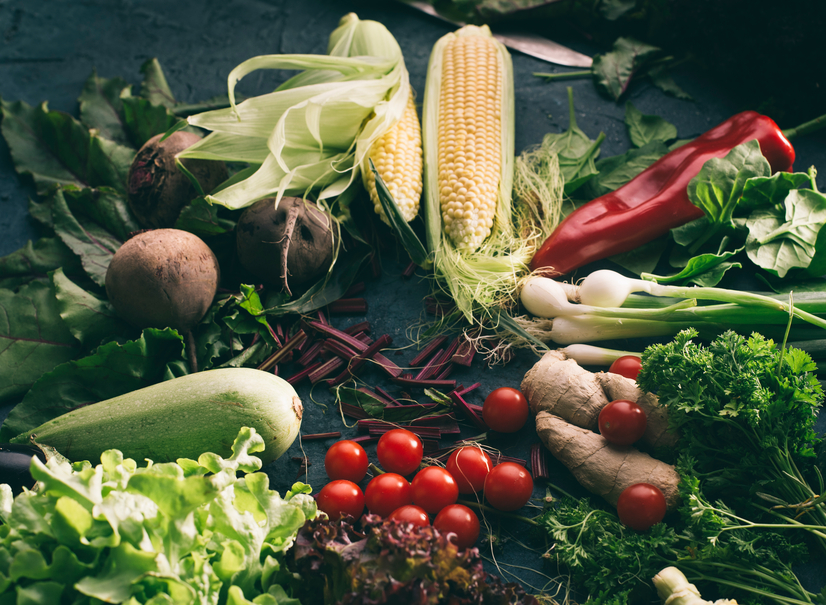Most adults are trying to make healthy food choices, but each day it seems we learn that something we enjoy eating is bad for us or things we have been conditioned to avoid are better than we thought. Eggs used to get a bad rap for causing high cholesterol but now are considered healthy in moderation; wheat and dairy are out and everything coconut is back in after being on the naughty list for years. And don’t even get started on organics!
Food is increasingly expensive and for seniors on a limited income, food choices that make sense for the palate, the pocketbook and overall health has become confusing. Here’s a cheat sheet to help simplify grocery shopping:
Grocery Shopping Cheat Sheet:
- Fish is good for brain health but mercury is bad – fish with low mercury levels include wild salmon, sardines, mussels, rainbow trout and Atlantic mackerel
- Organic Produce can still be treated with non-synthetic pesticides but certain crops are naturally pest resistant or have a thick peel which allows for less pesticide absorption. The “cleaner” produce that doesn’t have to be organic includes asparagus, avocados, cabbage, cantaloupe, cauliflower, eggplant, grapefruit, kiwi, mangoes, onions, papayas, pineapples, sweet corn, sweet peas and sweet potatoes. (source: Environmental Working Group)
- Look for meat and poultry raised without antibiotics (giving antibiotics to healthy animals promotes resistance)
- Choose whole grains such as barley, quinoa and rice or whole grain wheat, rye, oats or corn. The whole grain should be listed as the first ingredient
- Store food in glass or BPA-free containers – do not microwave food in plastic – Bisphenol A is linked with diabetes, heart disease, and neurobehavioral changes
- Whether organic or not, try to buy fresh produce rather than processed and eat a wide variety; for extra bonus points buy local whenever possible.
- While some fats, such as those found in olive oil, salmon or walnuts are healthy in moderation; trans fats (manmade) should be avoided. Fat-free foods often replace fat contact with sugar.
- Watch foods for hidden sugars in “healthy foods” such as granola bars or yogurt.
It all boils down to the unavoidable truth; that eating natural, unprocessed food is always a better choice. Try shopping around the perimeter of the store primarily where where all the fresh food is stocked and avoid the center aisles.
To get food scores online visit the Environmental Working Group website or download the mobile app to look up food while you are shopping. Follow the link: http://www.ewg.org/foodnews/ to learn more. To speak with a registered dietitian in Ontario call 1-877-510-510-2 or visit the EatRight Ontario website to learn more about healthy eating and meal planning designed for seniors at http://www.eatrightontario.ca/en/Senior .






Add Your Voice
0 Comments
Join the Discussion